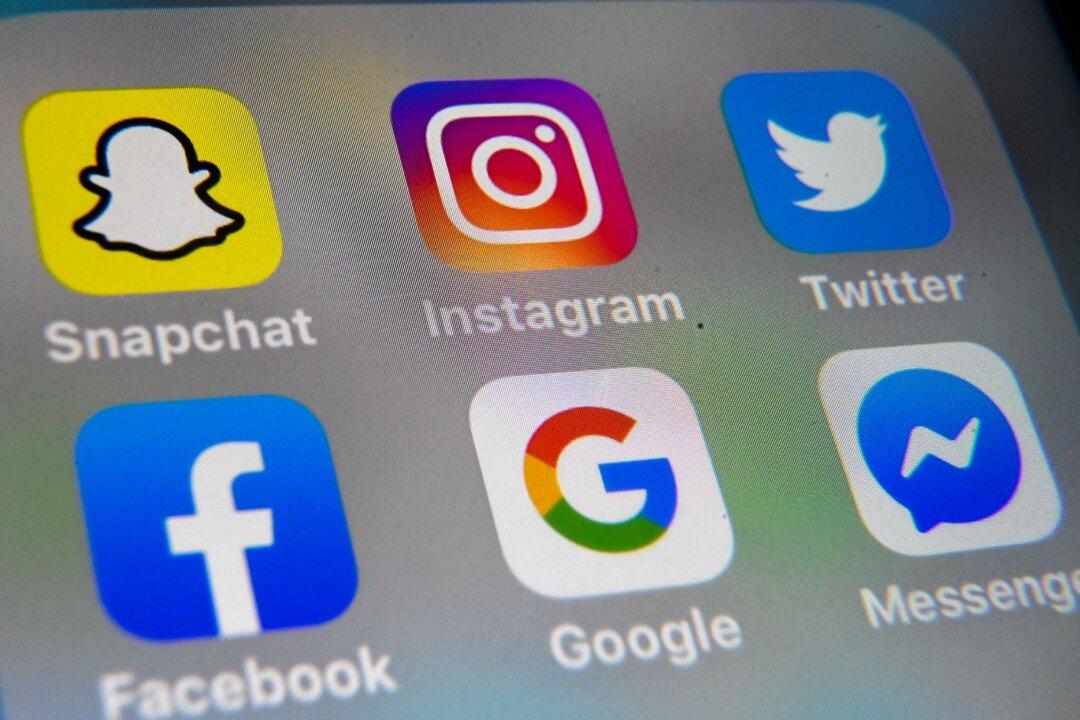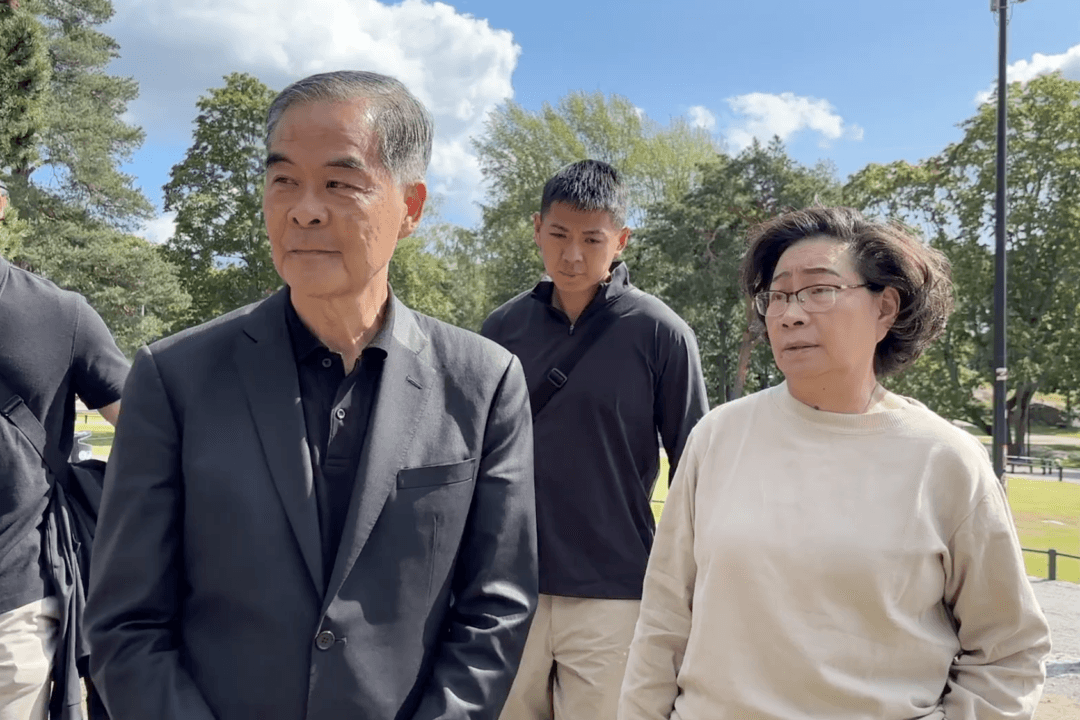Commentary
Twitter’s recent banning of accounts critical of the Chinese Communist Party (CCP) is deplorable. But it also forces us to really start considering how Western social media and Big Tech companies can defend freedom of speech, instead of being used as tools against us by authoritarian states such as the Chinese regime.





